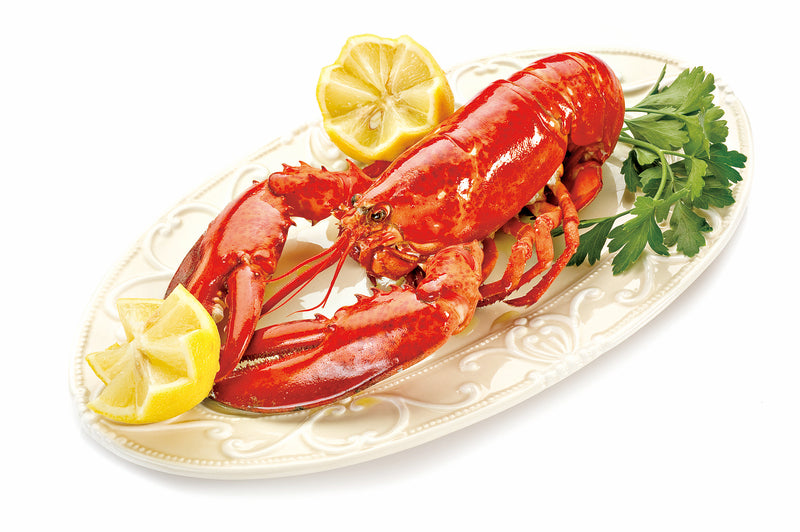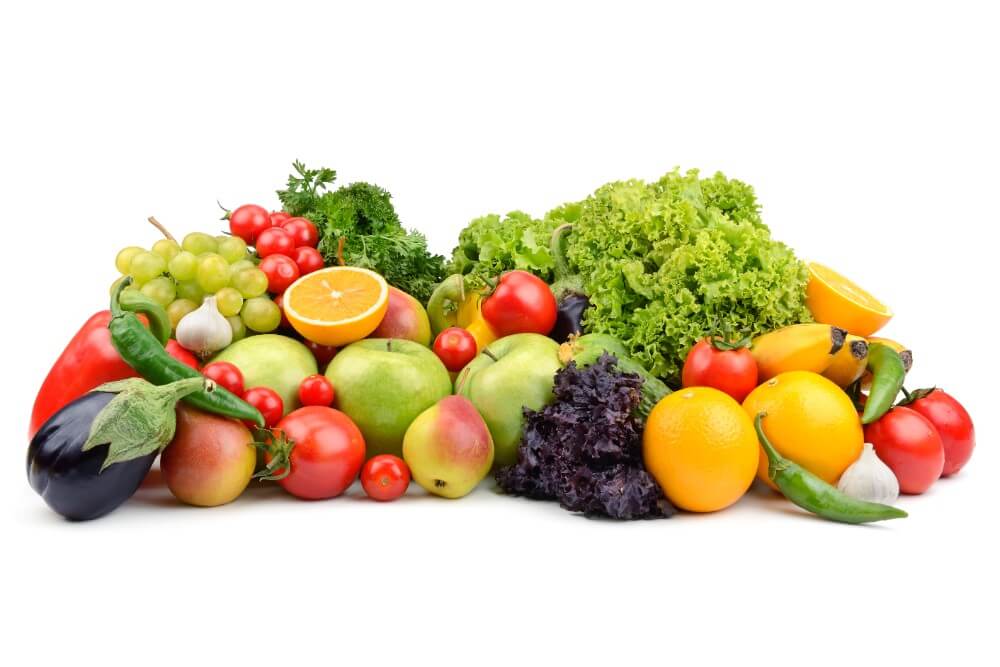Chitosan, derived from chitin, is a natural fiber that has gained popularity as a supplement for weight management and health. Chitin is a polysaccharide found in the exoskeletons of crustaceans like shrimp, crabs, and lobsters, as well as in the cell walls of certain fungi. When chitin undergoes a process called deacetylation, it becomes chitosan, a substance widely used in the fields of medicine, agriculture, and nutrition.
Chitosan is celebrated for its ability to bind to fat and cholesterol, making it a popular ingredient in weight loss supplements. It also has applications for promoting gut health, improving cardiovascular function, and supporting wound healing.
What is Chitin and Chitosan?

Chitin is a naturally occurring substance that provides structural strength to the shells of crustaceans and the cell walls of fungi. When chitin is chemically treated, it becomes chitosan, a soluble fiber with various health benefits. This transformation allows chitosan to be used in supplements, medical treatments, and even water purification processes.
Unlike other fibers, chitosan is unique in that it carries a positive charge, which gives it the ability to bind to negatively charged substances, such as fats and lipids, in the digestive system. This characteristic makes chitosan particularly effective in weight management and cholesterol reduction.
How Does Chitosan Work for Weight Management?

One of the most well-known uses of chitosan is in weight management. Because chitosan is a type of fiber, it can’t be digested by the body. Instead, it travels through the digestive system, binding to fat molecules along the way. This binding action prevents the fat from being absorbed by the body, allowing it to be excreted instead.
Here’s how chitosan works for weight control:
-
Fat binding: When taken before meals, chitosan can bind to dietary fats, reducing the amount of fat that is absorbed by the intestines.
-
Reducing caloric intake: By blocking fat absorption, chitosan helps lower the overall calorie intake from fats, which can aid in weight loss when combined with a healthy diet and exercise.
-
Improving digestion: Like other fibers, chitosan can help improve digestion and promote regular bowel movements, supporting overall digestive health.
While chitosan should not be considered a "miracle" weight-loss supplement, it can be a helpful tool for those looking to reduce fat intake and support healthy weight management.
Chitosan and Cholesterol Reduction

In addition to its fat-binding properties, chitosan has been shown to support cardiovascular health by helping to lower cholesterol levels. Chitosan works by binding to dietary cholesterol in a manner similar to how it binds to fats. This binding reduces the absorption of cholesterol into the bloodstream, leading to lower levels of LDL (bad) cholesterol.
By reducing LDL cholesterol, chitosan may help reduce the risk of heart disease and improve overall cardiovascular health. Studies suggest that regular use of chitosan supplements can lead to significant reductions in cholesterol levels, making it a valuable addition to a heart-healthy diet.
Supporting Gut Health with Chitosan

Chitosan also promotes gut health by functioning as a prebiotic fiber. Prebiotics are non-digestible fibers that feed the beneficial bacteria in the gut, helping to promote a healthy balance of gut flora. A balanced gut microbiome is important for digestive health, immune function, and even mental well-being.
Because chitosan is not digested by the body, it travels through the digestive tract, where it can help promote the growth of beneficial bacteria while reducing harmful bacteria. This can support digestion, reduce inflammation, and improve overall gut health.
Chitosan for Wound Healing and Skin Health

Chitosan is not only useful in supplements but is also commonly used in medical applications due to its wound-healing properties. Chitosan’s ability to bind to proteins makes it an effective tool in wound care. It can help form a protective barrier over wounds, promote clotting, and speed up the healing process.
Because chitosan is biocompatible (it doesn’t cause an immune response), it is frequently used in wound dressings, bandages, and other medical products designed to promote skin regeneration and heal burns, cuts, and other injuries.
Chitosan is also used in skincare products for its ability to retain moisture and protect the skin. Its anti-inflammatory and antimicrobial properties make it useful for treating skin conditions such as acne, eczema, and rosacea.
Recommended Japanese Chitosan Supplements

DHC Chitosan:
Chitosan is a dietary fiber derived from chitin found in crab and shrimp shells. While plant-based dietary fibers are known for increasing satiety, promoting intestinal movement, and maintaining digestive comfort, research has shown that animal-based dietary fibers, like chitosan, are even more effective in these areas. DHC's Chitosan is made from high-quality red snow crab shells sourced from Japan and refined using advanced biotechnology, with a deacetylation rate exceeding 90%, offering superior quality compared to other shrimp and crab shell products.This supplement is recommended for those consuming high-calorie foods, lacking sufficient fruit and vegetable intake, or aiming to maintain a healthy figure.
Environmental and Agricultural Uses of Chitosan
Beyond its applications in human health, chitosan is also used in environmental and agricultural settings. In agriculture, chitosan is used as a natural pesticide and plant growth enhancer, helping to protect plants from diseases and promote stronger growth. It is also used in water purification processes, where its positive charge allows it to bind to contaminants and remove them from water supplies.
Is Chitosan Safe?
Chitosan is generally considered safe for most people when taken in appropriate doses. However, since chitosan is derived from shellfish, individuals with shellfish allergies should avoid chitosan supplements. Additionally, because chitosan binds to fats, it may also interfere with the absorption of fat-soluble vitamins (such as vitamins A, D, E, and K), so it’s important to take these vitamins at a different time if you’re using chitosan.
As with any supplement, it’s always a good idea to consult with a healthcare provider before starting chitosan, especially if you have any underlying health conditions or are taking medications.
Conclusion: The Versatility of Chitosan
Chitosan is a versatile and beneficial supplement with a wide range of uses, from promoting weight management and heart health to supporting digestion and skin health. Whether you’re looking to reduce fat absorption, lower cholesterol levels, or enhance your gut health, chitosan offers a natural solution derived from one of the most abundant substances on Earth.
With its ability to bind to fats, support wound healing, and even aid in environmental protection, chitosan is a unique and powerful tool for both human health and sustainability. Incorporating chitosan supplements into your daily routine could provide a variety of health benefits, making it a valuable addition to your wellness plan.




